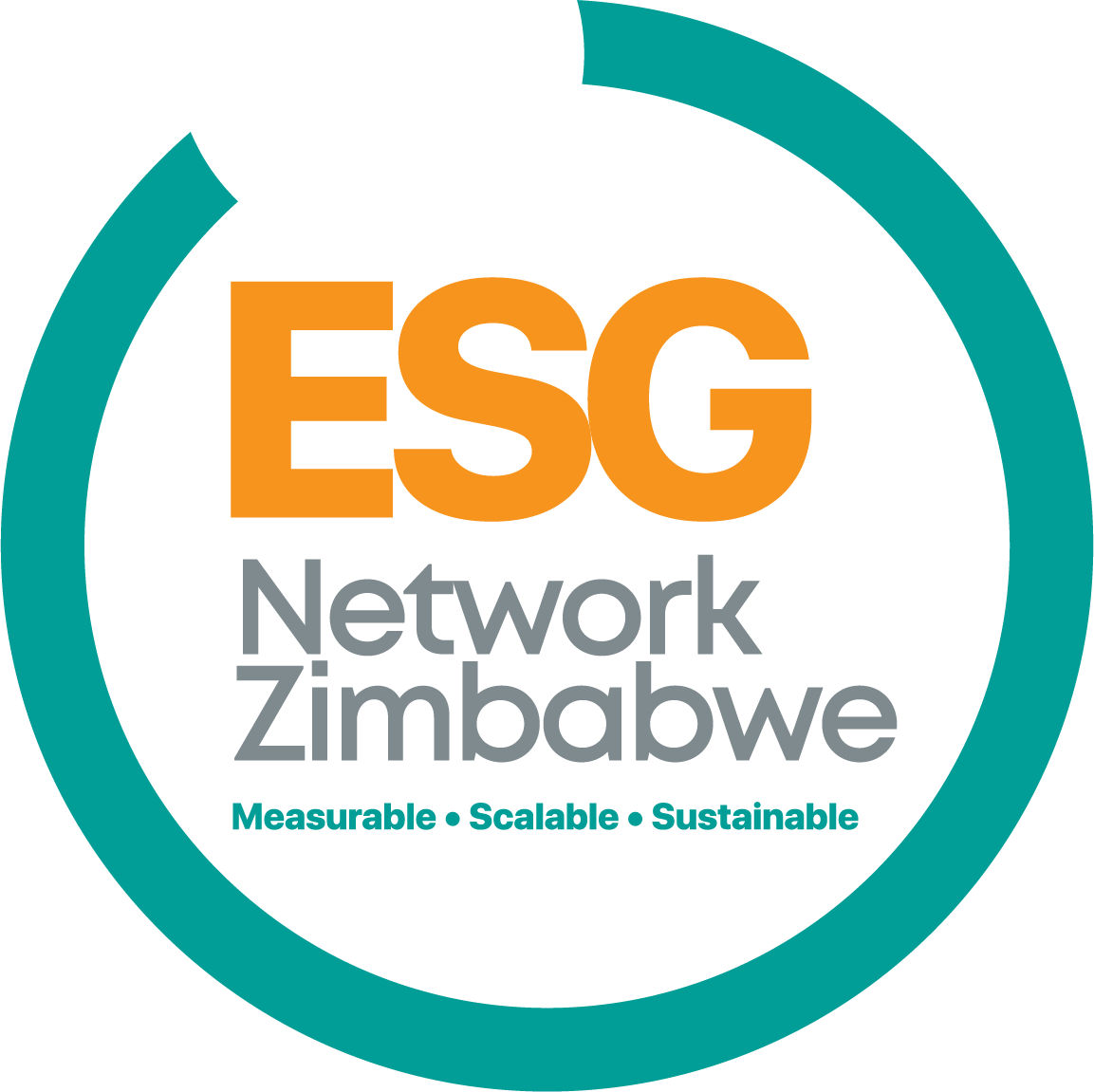Single materiality refers to the practice of considering only the financial materiality of ESG issues, without considering their social or environmental impact.
Key Characteristics
- Focus on Financial Materiality: Single materiality focuses primarily on the financial impact of ESG issues on a company’s financial performance.
- Limited Stakeholder Engagement: Single materiality typically involves limited stakeholder engagement, with a focus on investors and financial analysts.
- Financial Reporting Frameworks: Single materiality often uses financial reporting frameworks, such as the International Financial Reporting Standards (IFRS).
Benefits of Single Materiality
- Simplified Reporting: Single materiality can be less complex and time-consuming, as it focuses only on financial materiality.
- Cost-Effective: Single materiality can be more cost-effective, as it requires less data collection and analysis.
- Investor-Focused: Single materiality provides investors with relevant information on a company’s financial performance and ESG risks.
Limitations of Single Materiality
- Limited Scope: Single materiality has a limited scope, focusing only on financial materiality and ignoring social and environmental impacts.
- Insufficient Stakeholder Engagement: Single materiality may not adequately engage with stakeholders, potentially leading to a lack of understanding of their concerns and expectations.
- Inadequate Disclosure: Single materiality may not provide sufficient disclosure on a company’s ESG performance, potentially leading to a lack of transparency and accountability.
Best Practices for Single Materiality
- Use Established Frameworks: Use established financial reporting frameworks, such as the IFRS, to guide single materiality reporting.
- Engage with Investors: Engage with investors and financial analysts to understand their information needs and expectations.
- Provide Clear Disclosure: Provide clear and concise disclosure on a company’s financial performance and ESG risks.
Examples of Single Materiality
- Climate Change: A company may consider the financial impact of climate change on its operations and financial performance, but not its social and environmental impacts.
- Labor Practices: A company may consider the financial impact of labor practices on its operations and financial performance, but not its social and environmental impacts.
Conclusion
Single materiality can be a useful approach for companies that want to focus on the financial materiality of ESG issues. However, it is essential to consider the limitations of this approach and ensure that stakeholders are adequately engaged and informed.
Stay Connected:
Thank you for joining us on this sustainability journey. Stay connected with us for more insights, best practices, and regulatory updates.
Please contact us at on admin@esgnetworkzimbabwe.co.zw, or simply call us on 0774768895/ +263882900740.
Follow us on social media to stay updated on the latest ESG news, events, and resources





